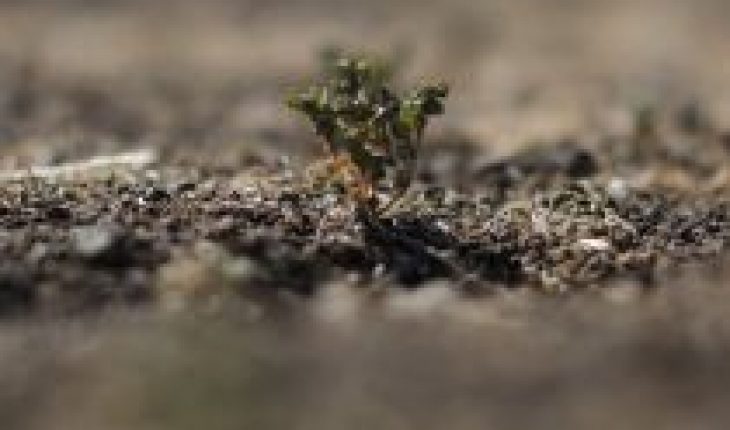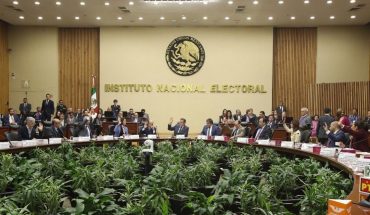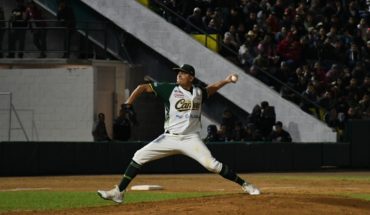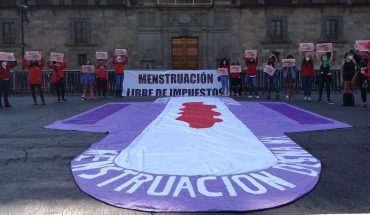
For 30 years, the Stockholm International Water Institute has organized World Water Week at the end of August. Today, it is one of the most influential movements in the world focused on the challenges around this resource. This date finds us as a country at a critical moment regarding the management of it, after 12 years of drought.
The figures already known to all about water scarcity and the emergency in which we find ourselves are no longer surprising. The question is whether public policies will continue to be implemented in the same way or whether as a country we will be able to face the problem with a view to definitive solutions for the needy communities that can no longer wait.
There are 1 million Chileans who today do not have access to safe drinking water and we know that climate change has generated a rainfall deficit that will be permanent. It is then time to stop and review successful cases of use of available technology that have allowed us to supply quality water to people.
The 73 mm fallen in the Maule last week, were transformed into 42,500 liters of drinking water in the commune of Empedrado, where the inhabitants have their own rainwater collection system, which allows 17 families to have autonomy and not depend on the cistern truck, as it guarantees them around two months of independence.
In the Los Copihues School of the commune of Licantén, the ponds are being filled with rainwater and purified through an innovative system, thus transforming this establishment into the first Rain School in Chile.
These simple examples, which were developed through Fundación Amulén’s Innova Agua Fund, in collaboration with Coca-Cola de Chile and Cervecería AB InBev, are generating evidence to broaden the view of the solutions. In the world and in Chile there are proven, efficient, safe and fast installation technologies, which offer an alternative to those who live without this resource. It takes will and boldness to implement them urgently and improve the conditions of the people who are living day by day in this difficult context. Water from the air, desalination on a smaller scale, rainwater harvesting, are just some examples that are changing the lives of poor communities. Innovation exists and is available to be replicated. It only lacks articulation and desire to do it.





